Posted May 29th 2020
Currently, a trip to the supermarket is somewhat akin to a mental health assault course, fraught with the wearing of face masks and ensuring we keep our designated 2-metre distance from others.
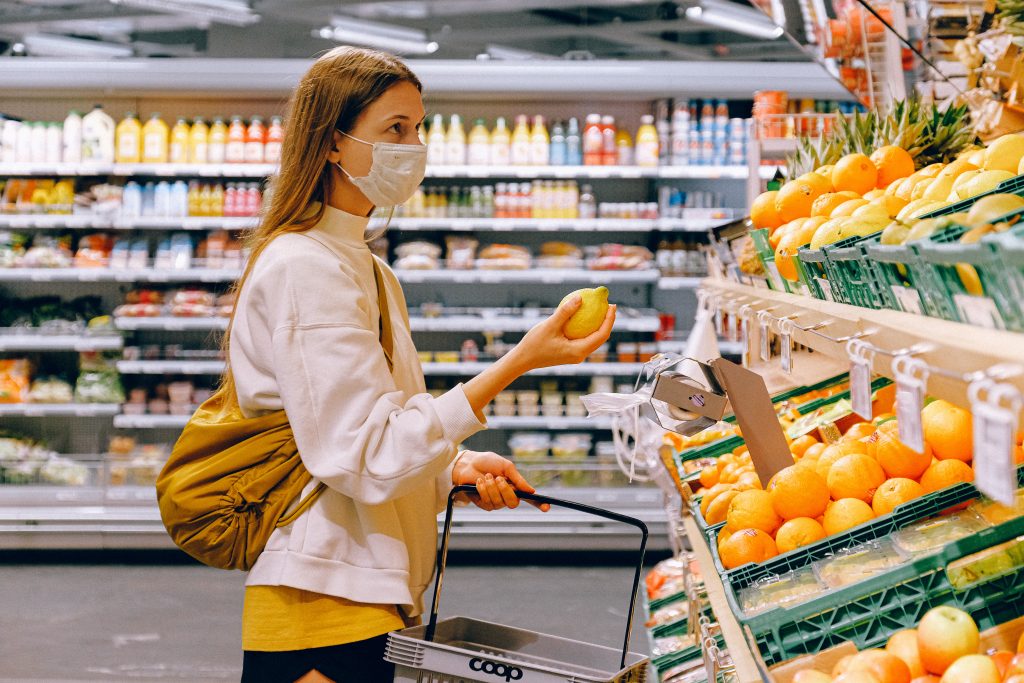
As we negate everyday obstacles such as food buying with the near 24/7 latest death count news probably running fresh in our minds – it’s no wonder that levels of anxiety are running high.
We had a mental health crisis pre-pandemic, and now as the necessary restrictions cut so deeply into the everyday freedoms we previously took for granted, any existing pre-disposition towards feelings of loneliness, disconnect and depression are amplified manifold.
No one feels completely alright at the moment, how could we, when our lives have been displaced so dramatically.
It’s no wonder then that during lockdown vast numbers of people that can, are seeking solace in fruit and vegetable growing.
The process is in itself hugely empowering and offers the prospect of taking some control back over our lives and reducing the number of times we need to run the gauntlet of a trip to the supermarket. Also, the transformation of a seed into life, into a plant that will grow on to provide you with food feels so incredibly, powerfully good.
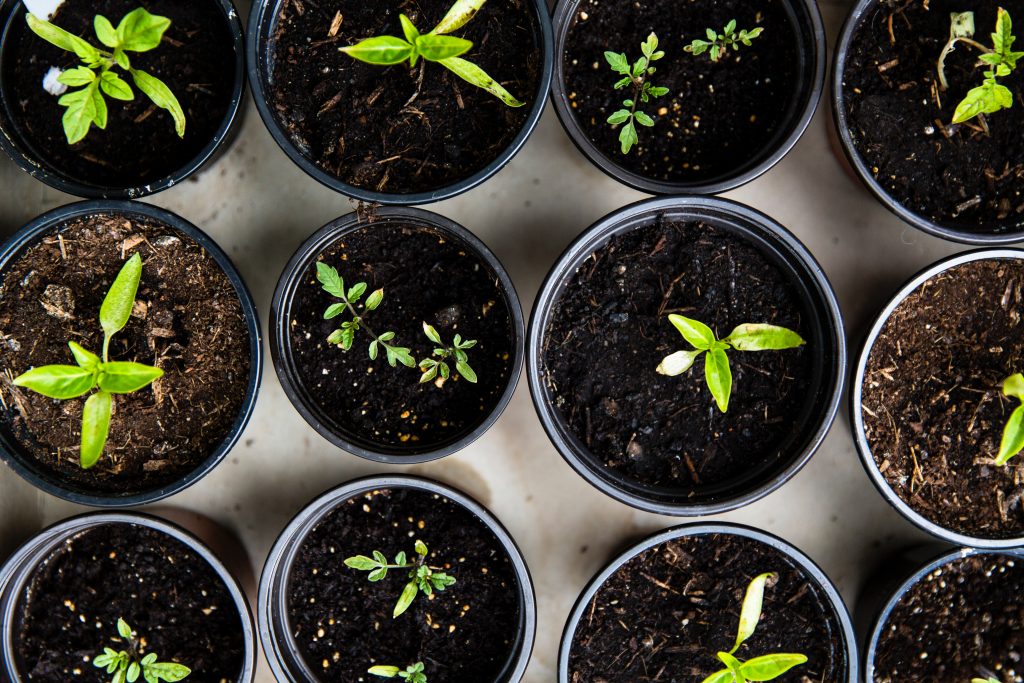
There are a natural simplicity and beauty to be found in the no-frills basic of providing even a small amount of produce for the table. It is something positive we can do as we hunker down to try and ride out the storm.
We have retreated squarely to the basic level of Maslow’s hierarchy of needs (food and shelter) and frustrating, fraught and forced upon us as it is, there is nurturing and reflection to be found within. There is also a respite from societal pressure to look and be a certain way and the opportunity to ask; was what we considered normal (and strived for) previously, really making us happy and what is important in life anyway?
Not easy questions to ask but important to wellbeing none-the-less.
So what is real and what is not?
The weight of what is happening to society, our lives and those around us is very raw, crushing and real, yet the constant bombardment of news and pandemic updates isn’t always, especially on social media where fake news is still in prevalence.
Being so plugged into updates and alerts can cause massive anxiety (how could it not) so it’s important to step away, where you can, and gardening really does offer the perfect healing balm.
Sticking your hands in the ground and learning to nurture your own food can bring you literally and metaphorically speaking back down-to-ground.
From a young age, we are all bombarded with pressure to look and be a certain way in order to fit in, in order to be part of this world and its construct of all that is considered normal within. Is that real?
The natural world doesn’t judge and offers a safe space away what others’ think and can empower you to care less any way to the benefit of your mental health overall.
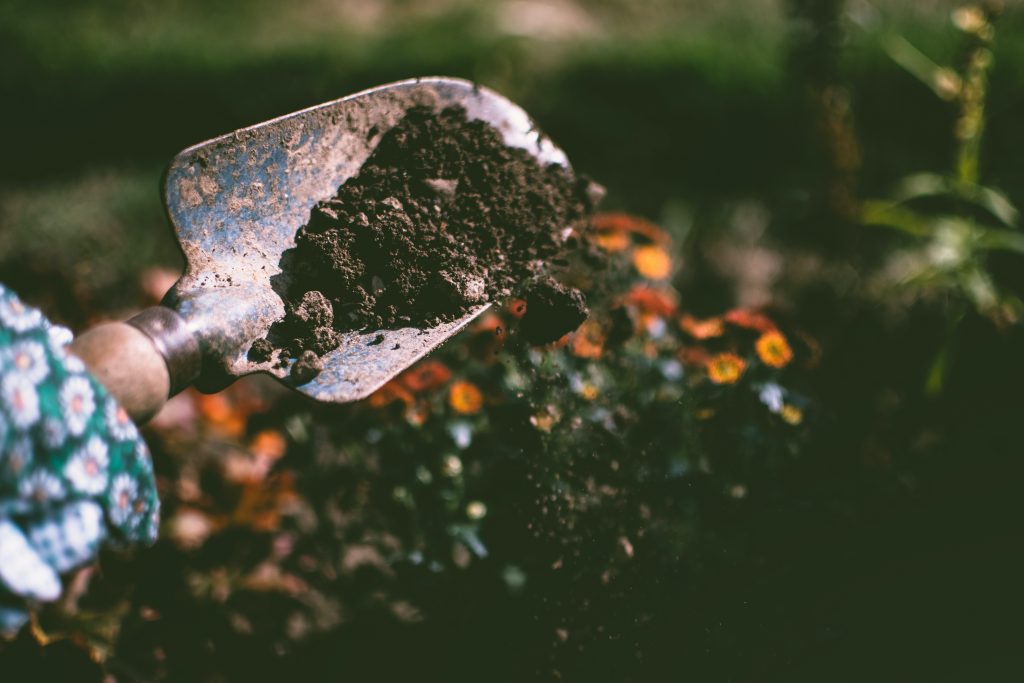
I myself have found solace there since as a teenager I watched with awe and slight horror, spellbound, as a spider nest hatched in my parents’ back garden, and the web became alive with the newly emerged movement of hundreds of spindly legs.
They spread slowly at first, almost tentatively, before spilling out in a mass, a swarm of freedom onto the tree and ground nearby.
Watching felt like I was being given a glimpse into a different world entirely and one which seemed a bit rough around the edges, but real and resilient in a way that much of my life and all that was expected of me was truly (overwhelmingly at times), not.
The pressure at school (to look and be a certain way to fit in among my teenage peers), shopping for clothes (which had to be the right kind), watching TV with my parents (much of which bored me).
The natural world drew me outside of the day-to-day worries.
It was a comfort just knowing it was there, to be found in the birds chattering high in the trees in the park on my walk into school, then on my daily commute into University…into work.
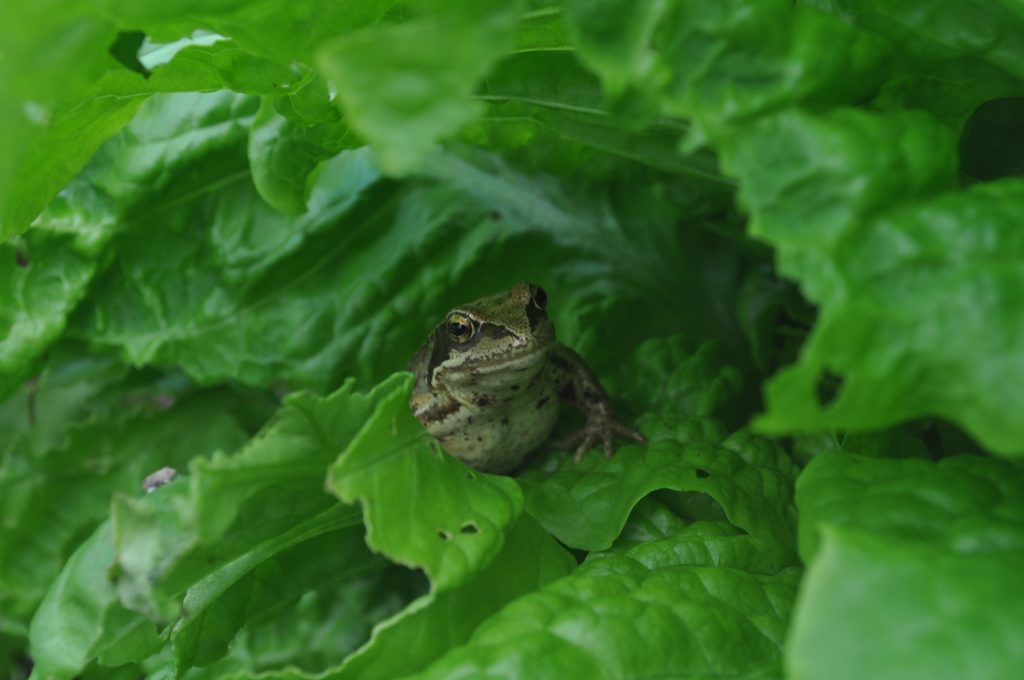
When I started growing some of my own food in my tiny back yard in Brighton, I truly felt like I’d come home.
Not knowing at all what I was doing, by simply sprinkling some seed into a pot I was able to coax them into life and to watch, and marvel, as a plant dutifully emerged.
It felt magical but richly rewarding at the same time, if I could do this, all would be alright with the world.
After my youngest son, Arthur’s autism diagnosis about seven years ago, the therapeutic benefits of gardening and growing food took on new levels of significance and power for me.
I saw first hand how being outside, moving, working, connecting with the garden and the plants and wildlife within afforded him with emotional regulation overall. It provides a sense of peace away from a world full of noise and sensory challenges and conformity pressures.
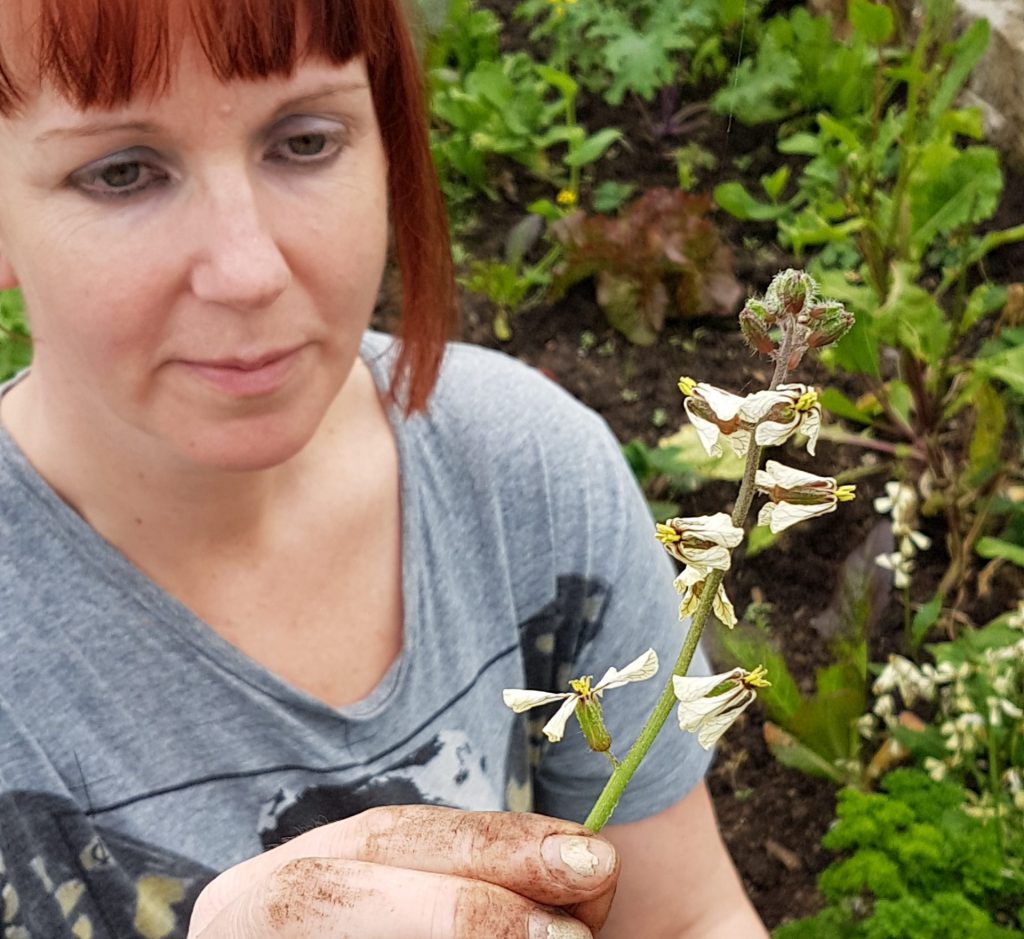
Having moved to Wales, set up training gardens and gone on to work with members of the public as well as groups with special educational needs (predominately autism), I’ve realised how important it is for everyone that can to take time out in this way during the lockdown.
Whether we are on the autistic spectrum or not, sensory challenges abound for us all with the sheer volume of news (noise) being thrown at us presently. That despite the nation’s dig for victory frenzy of gardening, we can’t just go outside and expect to immediately feel okay right now.
We are all on one level or another a little trapped in our heads, as well as our homes, and have to be coaxed out in order to tune into the bountiful benefits the natural world has to offer…
Tips on using nature and your garden for wellbeing
- Walk around an outside space – use movement to reduce anxiety, if you have a garden this could be by picking produce you already have growing, watering plants, or applying compost to your beds until you feel more present.
- Listen to birds chattering, watch them, it’s mesmerising and will help you tune in. If you don’t have bird feeders you can make some easily with ingredients you have to hand to try and encourage them to visit.
– RSPB – recycled bird feeder
– Country Living – some creative and some fancy DIY bird feeders
- Whether in a garden or in your home, try planting seeds and do so slowly, there’s no rush, enjoy the experience and if you can do so without gloves so you can feel the compost with your hands and run it through your fingers.
- Go on a bug hunt, you don’t need to be with children to have an excuse to tap into the wonder of the natural world. The more you look the more you find, nature is amazing, get up close and have a look.
Sign up now and receive new blog posts to your inbox.
